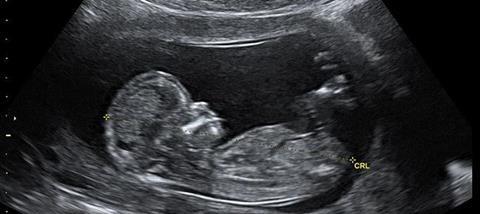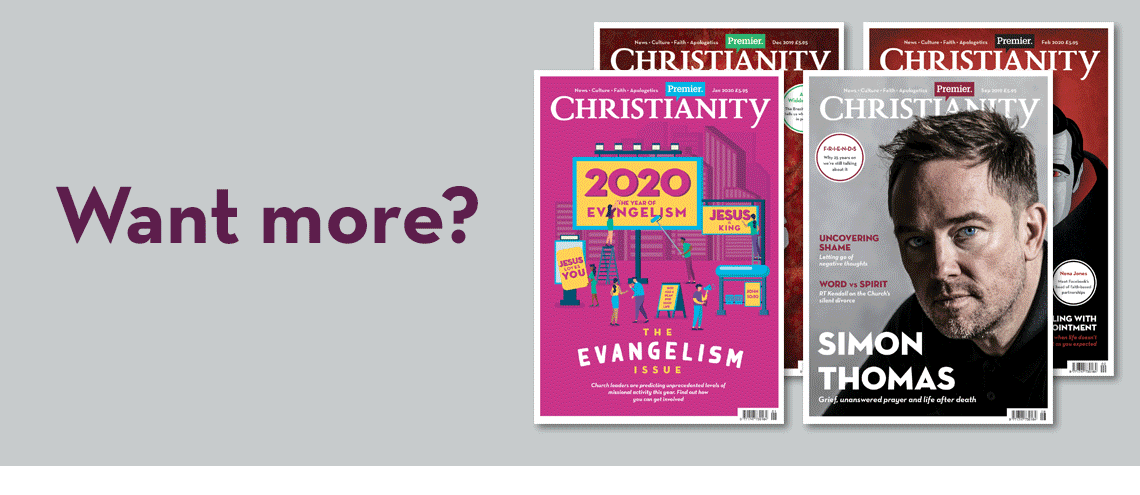
The ONS stats released last week show that conceptions in England and Wales have fallen to their lowest since 2004, while the proportion of pregnancies leading to legal abortion has reached its highest point since records began in 1990.
That means 200,608 out of a total of 839,043 conceptions in 2018 ended in abortion. This begs the question: why is this happening?
There are multiple factors influencing women to choose abortion. These include controlling family size or timing of children (which in itself could be motivated by a number of factors), poverty, pursuit of education and career, and relationship issues.
One study from 1987 corroborates this: “Three-quarters said that having a baby would interfere with work, school or other responsibilities, about two-thirds said they could not afford to have a child and half said they did not want to be a single parent or had relationship problems.”
Indeed, one of the major factors influencing women’s decision making is their relationship with their partner. A study exploring the doubts women in Britain can have when accessing abortion found that 30 per cent of women who delayed obtaining an abortion for 7 days or more stated that “my relationship with my partner broke down”, 20 per cent said: “I was hoping/waiting to see if my partner would support me in having a baby” and 11 per cent said: “My partner changed his mind about having a baby”. In another study in Denmark a massive 47 per cent of the participants indicated that “they would have changed their decision given different personal circumstances, including partner support or improved socioeconomic conditions”.
Some limited evidence also suggests the abortion rate may be linked to financial pressures. Abortion statistics have only recently started to include social deprivation. The latest statistics show that “The trend of abortion rates increasing as levels of deprivation increase remains consistent when the abortion data is studied at both regional and national level”. In London, for example, the abortion rate is highest in the most impoverished boroughs in the capital: Barking and Dagenham, Lewisham, Waltham Forest, Croydon and Enfield.
Policies such as the two-child benefit cap have also been linked to abortion rates. One study found that 23 per cent of parents affected by the two-child limit struggled to pay their basic living costs. One parent in the study said: “I am currently pregnant with third child after contraception failure and having to consider termination.” Another said: “My third pregnancy wasn’t planned but I was too far gone before I knew I was pregnant to even think about other options (abortion). I knew I wouldn’t be able to afford my third child because of this policy”.
Although much more research is needed regarding the reasons women choose abortion, you don’t have to look far to recognise that many are making this decision in very difficult circumstances.
If abortion is something we would never wish on someone we love, we need to start asking serious questions as a society about why it’s so prevalent and why we are doing nothing to address the problems women face which lead them to choose it in the first place. Some would say that abortion is just a necessary means to obtain women’s equality with men. But why is it that women need to go through a procedure, one that can be extremely painful, in order to achieve this equality?
Women and men are inherently equal in worth and dignity because we are made in the image of God. That doesn’t, however, mean we aren’t different in specific ways.
Rather than suppress our wonderful differences, we should celebrate them and do all we can as a culture to ensure women are cared for and able to work and contribute to society. Abortion does not do that.
Behind each of these 200,608 pregnancies are lives that never had their dignity recognised. How many more babies will have their lives ended before we wake up and realise we failed them? How many more women will suffer the consequences of a society that makes them feel they have to endure the intolerable grief and emotional pain that can accompany abortion – just to say we’ve achieved equality with men?
We can’t reverse the past, but we can act now to change the future. We can fight against attempts to overhaul the law, and remove all protection for babies up to birth. We can make sure women have support before abortions, including emotional support, relationship support, and practical help. We can build a society that recognises the inherent value of people with disabilities. We can start to work for a culture that upholds the value of life – of women and babies.
Let’s not rest until we’ve got something better – until everyone recognises that women deserve more than abortion, and that we are equal in worth simply because we are women.
Naomi Marsden is Communications Officer at CARE
Premier Christianity is committed to publishing a variety of opinion pieces from across the UK Church. The views expressed on our blog do not necessarily represent those of the publisher.


























